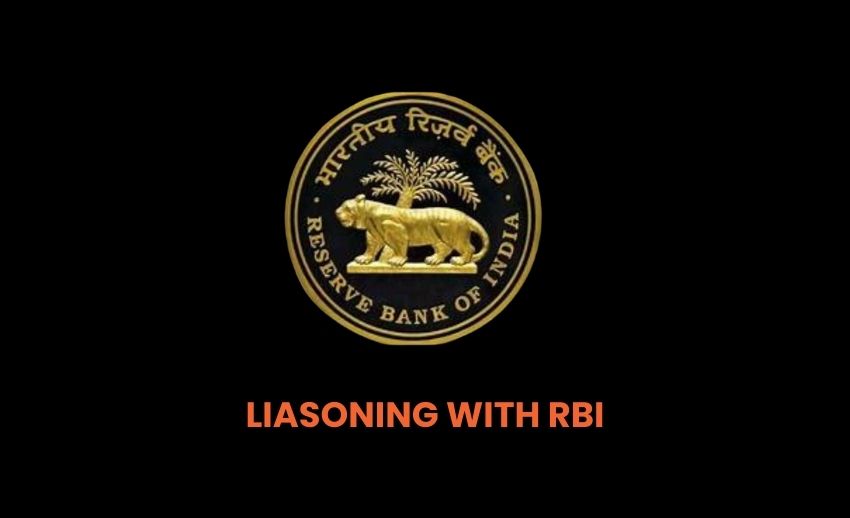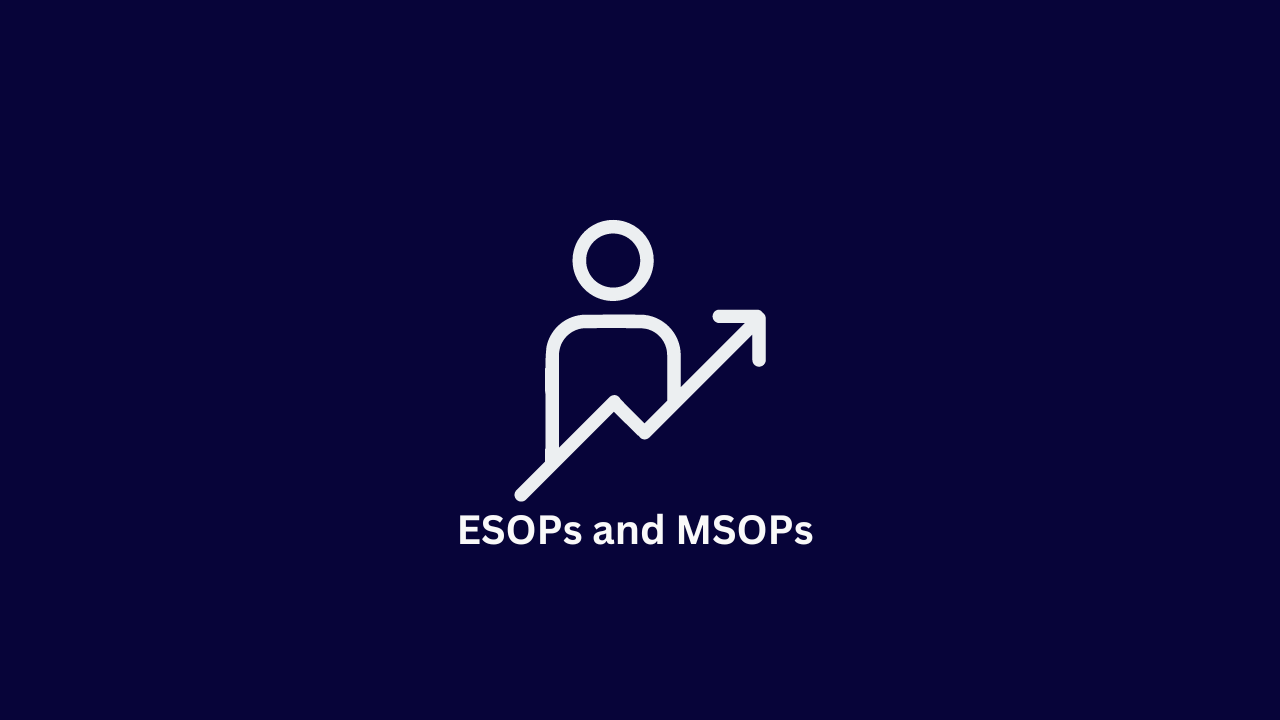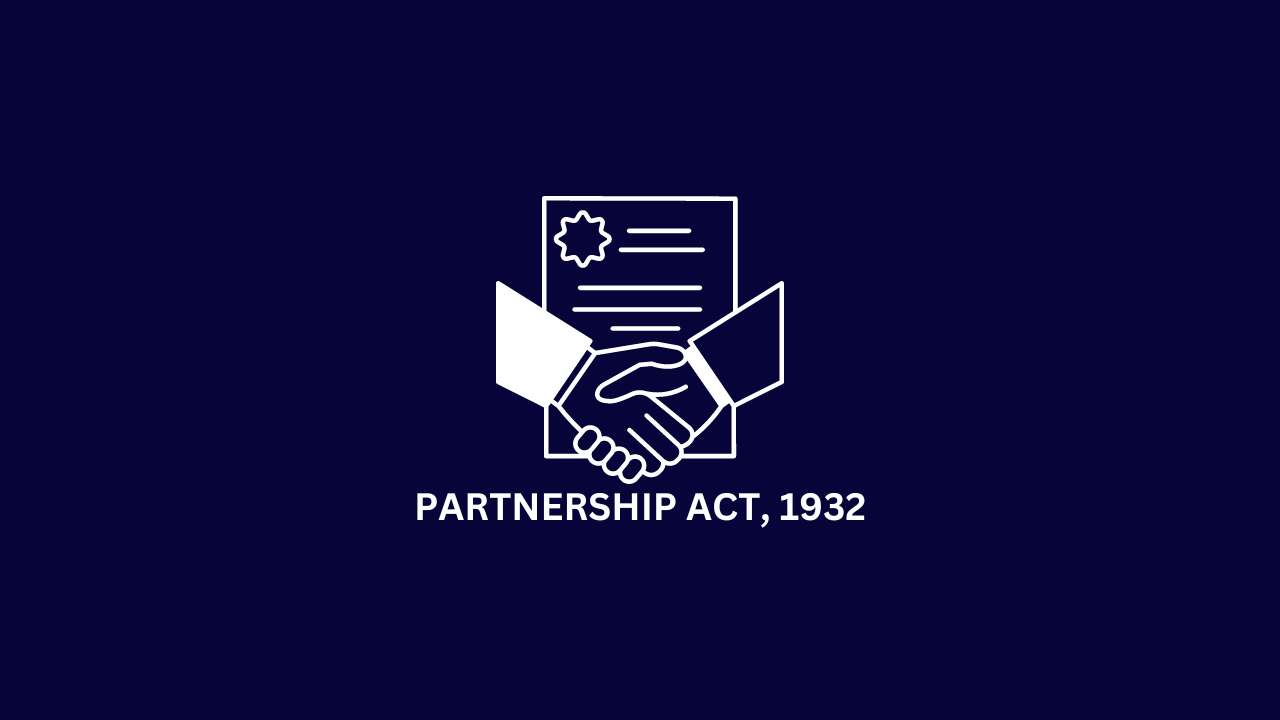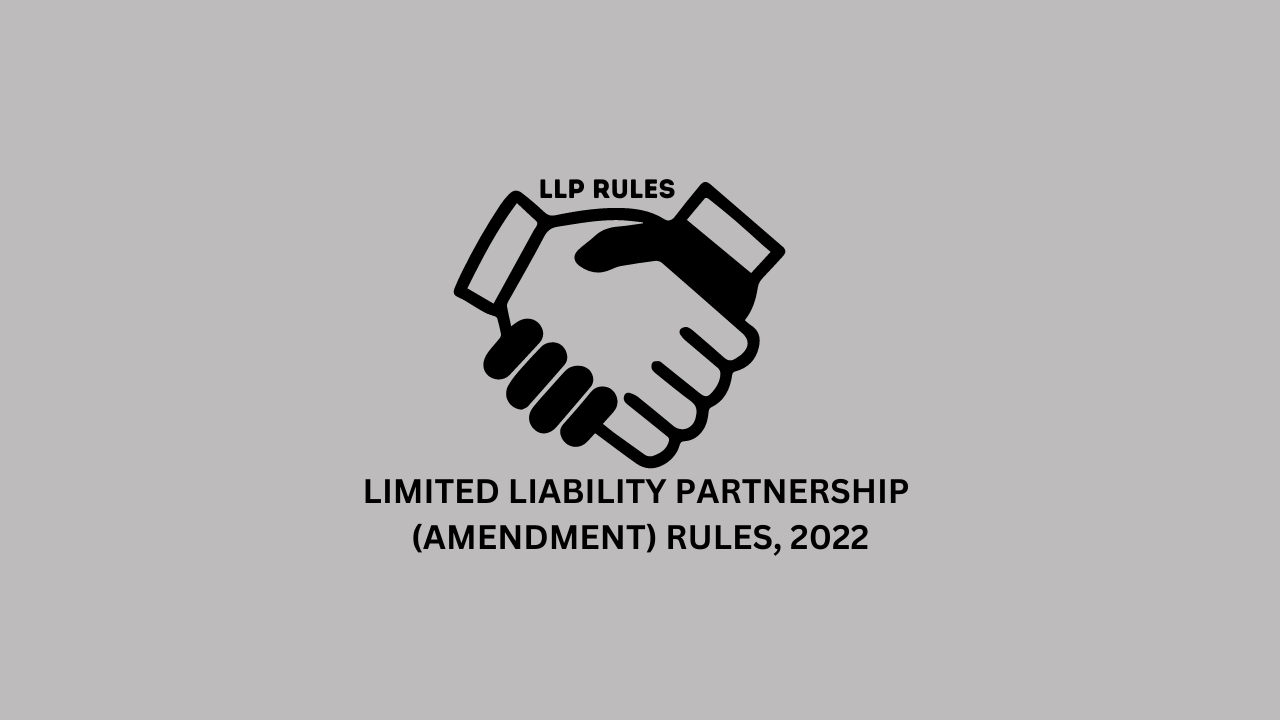
In the intricate world of finance and banking, one institution stands as the pillar of monetary authority and regulatory oversight in India—the Reserve Bank of India (RBI). For businesses, financial institutions, and individuals, liasoning with the RBI is not only essential but also a strategic necessity. In this blog, we delve into the significance of liasoning with the RBI, its role in the financial ecosystem, and how this interaction empowers stakeholders in their pursuit of financial success.
Understanding the Role of RBI
The Reserve Bank of India, as the nation’s central bank, holds the responsibility of formulating and implementing monetary policies, ensuring financial stability, and regulating the banking sector. Its primary objective is to maintain price stability while promoting economic growth. This duality of objectives places the RBI at the heart of India’s financial system.
Importance of Liasoning with RBI
Liasoning with the RBI is indispensable for various entities, each with unique purposes. For commercial banks, it means adhering to prudential norms and reporting requirements to ensure financial health and stability. For non-banking financial institutions, it is essential to secure approvals and licenses to operate smoothly. Businesses seeking foreign direct investments or overseas ventures require RBI’s guidance and authorization. Additionally, individuals may liaise with RBI for matters related to currency exchange, foreign remittances, and more.
As a regulatory body, the RBI issues guidelines, circulars, and notifications to govern different aspects of the financial landscape. Staying compliant with these ever-evolving regulations is crucial for organizations and individuals to avoid penalties and disruptions to their operations.
Businesses entering regulated sectors or planning mergers and acquisitions require approvals from the RBI. Navigating these regulatory approvals necessitates thorough preparation, ensuring alignment with RBI’s guidelines and fulfilling the necessary prerequisites.
Liaisoning with the RBI often involves seeking clarifications on regulatory matters or addressing queries related to compliance. Prompt and clear communication is key to resolving any concerns effectively.
With the rapid evolution of technology, the RBI has embraced digital transformation to streamline processes and enhance efficiency. Businesses and individuals can now interact with the RBI through online portals, e-forms, and digital communication, making the liaison process more accessible and convenient.
Ethical conduct is paramount when interacting with the RBI. Businesses and individuals must uphold integrity, transparency, and accountability in their operations, ensuring adherence to RBI’s code of conduct.
Liasoning with the Reserve Bank of India is an integral part of the financial landscape in India. From regulatory compliance to seeking approvals, this interaction plays a pivotal role in the success of businesses, financial institutions, and individuals. As the RBI continues to evolve in response to changing financial dynamics, stakeholders must embrace responsible and ethical liasoning, working hand in hand with the central bank to achieve financial stability, growth, and progress for the nation and its citizens.








